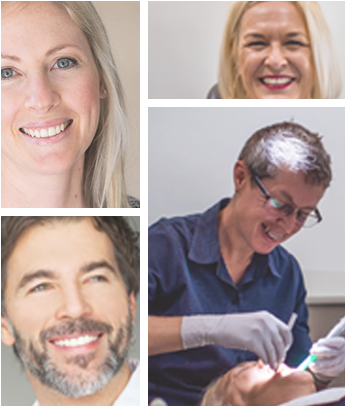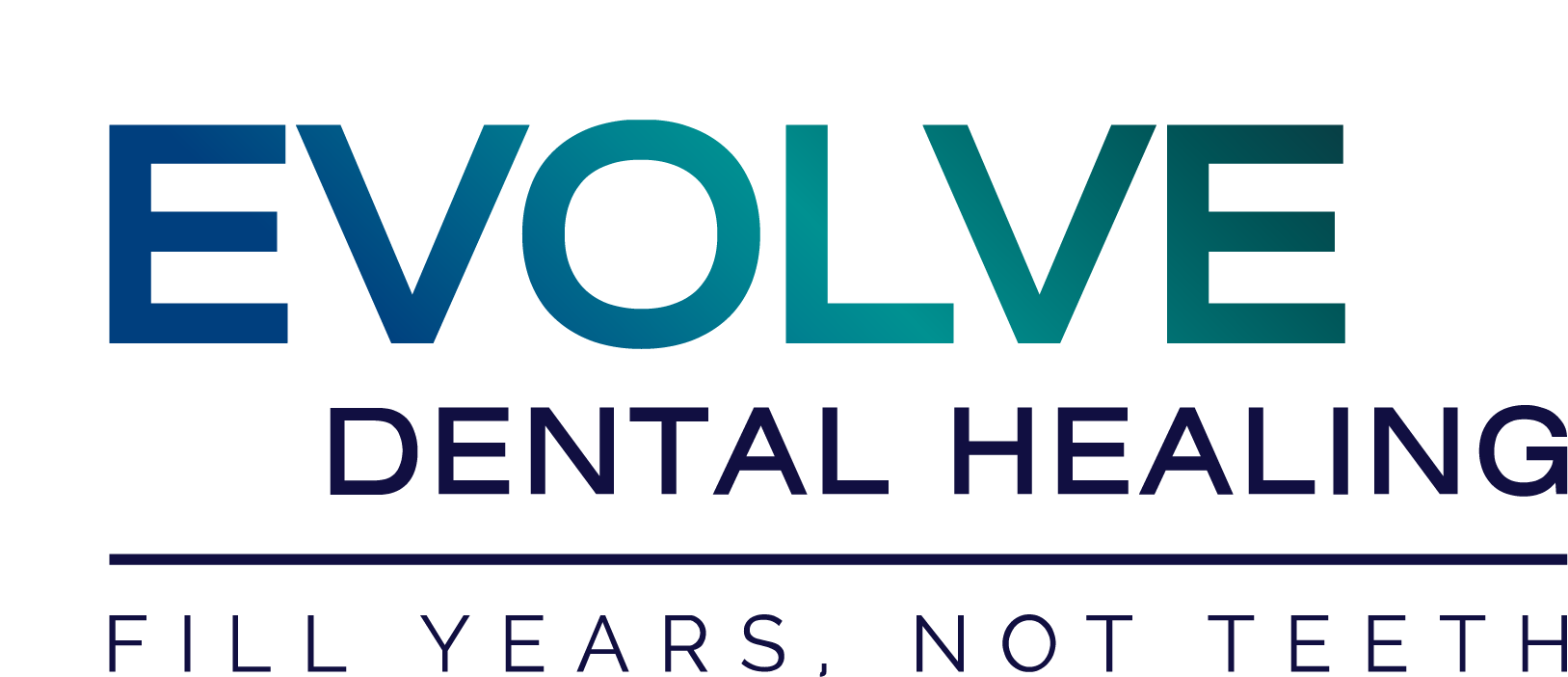Exercise – The Good The Bad and The Ugly

Does Exercise Have To Hurt To Be Good?
Exercise does not have to be painful, hard work, intense or time-consuming. Exercise is simply about keeping your body active and moving and enjoying it. Standing up more often, going for a walk, swimming and light weight training is really all that is required to keep your body fit, strong and supple.
Benefits of Exercise
Exercise has been shown to have positive effects on health and wellbeing. Exercise:
- improves the health of the cardiovascular system and heart
- improves circulation
- helps reduce inflammation and C-reactive protein levels
- helps you feel good
- keeps you agile, supple and flexible
- supports weight loss
- maintains and improves bone strength and density
- reduces fat and increases muscle mass which improves metabolism and strength. Exercise prevents the growth of fat that surrounds the midsection – this is that fat that is really dangerous to your health as it is associated with increased inflammation, liver disease, heart disease and Alzheimer’s.
- Gentle exercise in moderation is really beneficial to your health and is really all the average person needs to stay fit and healthy.
- However, the trend today is for people to push themselves harder, go faster and train for longer. Research studies are now casting doubt as to whether this style of ‘extreme’ exercise is actually bad for your body.
The Negatives of Too Much Exercise
Some of the concerns regarding too much exercise revolve around tissue damage – particularly to the heart, lactic acid builds up, production of free radicals and oxidative stress, excess cortisol production and weakened the immune system.
Excessive exercise can lead to heart damage, weakened heart muscles and arrhythmias.
It can also lead to diabetes due to a reliance on calorie intake from carbohydrates like pasta and consuming sugar-packed energy bars, energy gels, energy drinks and energy chews.
Free Radicals and Oxidative Stress
Scientists now believe that free radical damage increases inflammation and is associated with accelerated ageing, cancer, diabetes and coronary artery disease. Under normal conditions, your body has the ability to defend against free radicals by producing antioxidants, which work as free radical scavengers seeking out free radicals and neutralising them so they do not damage your cells.
The problem occurs when free radical production exceeds the body’s ability to produce antioxidants. This can happen during intense exercise when you can use 10 to 20 times the amount of oxygen than that of a sedentary person. During exercise, the conversion of fat and sugar into energy occurs through a process known as oxidation. During this process, most of the oxygen combines with hydrogen to produce water. However, about 5% of the oxygen forms free radicals.
Oxidative stress from free radicals damages cellular proteins, membranes and genes and leads to a state of chronic, systemic inflammation.
Mineral Loss and Exercise
Excess sweating during exercise can lead to loss of minerals like iron, magnesium, phosphorous, manganese, sodium, potassium, calcium and zinc.
It is important if you are to remain healthy to not only replace your fluid loss during exercise but these essential minerals also.
Exercise is Stressful
The adrenal glands are two thumb-sized glands sitting on top of your kidneys. They produce hormones like adrenaline, cortisol and DHEA, which allow your body to respond and make adjustments to physical or emotional stress. If the intensity and frequency of the stress become too great, then the adrenal glands can begin to become exhausted, and the hormones that they produce can become depleted, resulting in serious imbalances that can cause issues like oestrogen dominance in women or testosterone deficiencies in men.
The end result is a tired, chronically fatigued individual who has disrupted sleep, low libido, worn-out looking eyes and a skinny body without enough muscle mass. Often people who exercise too much look worn and aged.
What does too much exercise do to your body?
- Your body can enter a catabolic state in which your tissues breakdown. A condition that is mainly caused by excessive training coupled with a lack of adequate nutrition, especially protein. It results in numerous undesirable side effects in the body, such as extreme fatigue, joint and muscle pain, and sleeplessness.
- Excess cortisol can be released, which not only contributes to catabolism but also to chronic disease.
- You can develop microscopic tears in your muscle fibres, which may fail to heal if you continue over-exercising, and increased risk for injuries
- Your immune system may be weakened.
- You may develop insomnia, especially if your workout is in the afternoon or evening.
- You may be at risk of damaging your heart – or worse, sudden cardiac death.
Our ancestors did not run 20 miles at a time, our ancestors did lots of walking, with occasional sprints, but not extended running. They would run long enough to escape the clutches of a predator, but there were no marathons happening back then.
Studies show that the benefits of walking can outweigh those of running – moderate intensity walking produced equal health benefits as vigorous intensity running, with similar risk reductions for blood pressure, cholesterol, diabetes and so forth.
“The right amount of nourishment and exercise, not too little, not too much, is the safest way to health.”
The heart only has a finite number of beats, and your joints and cartilage can only perform a certain amount of movements and shock absorptions. Once you reach your quota, your body begins to fail. Combined with heart damage, worn adrenal glands, and chronic systemic inflammation, you have the perfect combination for a prematurely aged and broken down body.
Hence why too much of a good thing like exercise can actually be bad for you in the long run.
Keep fit, stay active, be gentle and have fun but don’t go to extremes.
Dr Rachel Hall is a general and holistic dentist, owner and founder of Evolve Dental Healing Kenmore. She is a sought after writer and presenter on the topics of holistic dentistry, health and wellbeing.
Helping you have a healthy, beautiful smile for life.
-
Dr. Rachel Hall
Rachel is the founder and principal dentist at Evolve Dental Healing with over 30 years experience, practising holistically since 2001. Not your typical dentist, Rachel is a passionate opinion leader, challenging convention to empower people to make better dental and health choices, helping thousands to have healthy natural smiles. A respected writer and presenter on holistic dentistry, health and wellness it is Rachel’s mission to revolutionise the way people look at their dental health.
Talk to us for more details and information
CONTACT US
67 Kenmore Road
Kenmore Queensland 4069
Phone: 07 3720 1811
Fax: 07 3720 1899
Email: info@evolvedental.com.au
OPENING HOURS
Monday – Friday: 7:30am – 5:30pm
References and Citations Mercury & Amalgam Fillings




